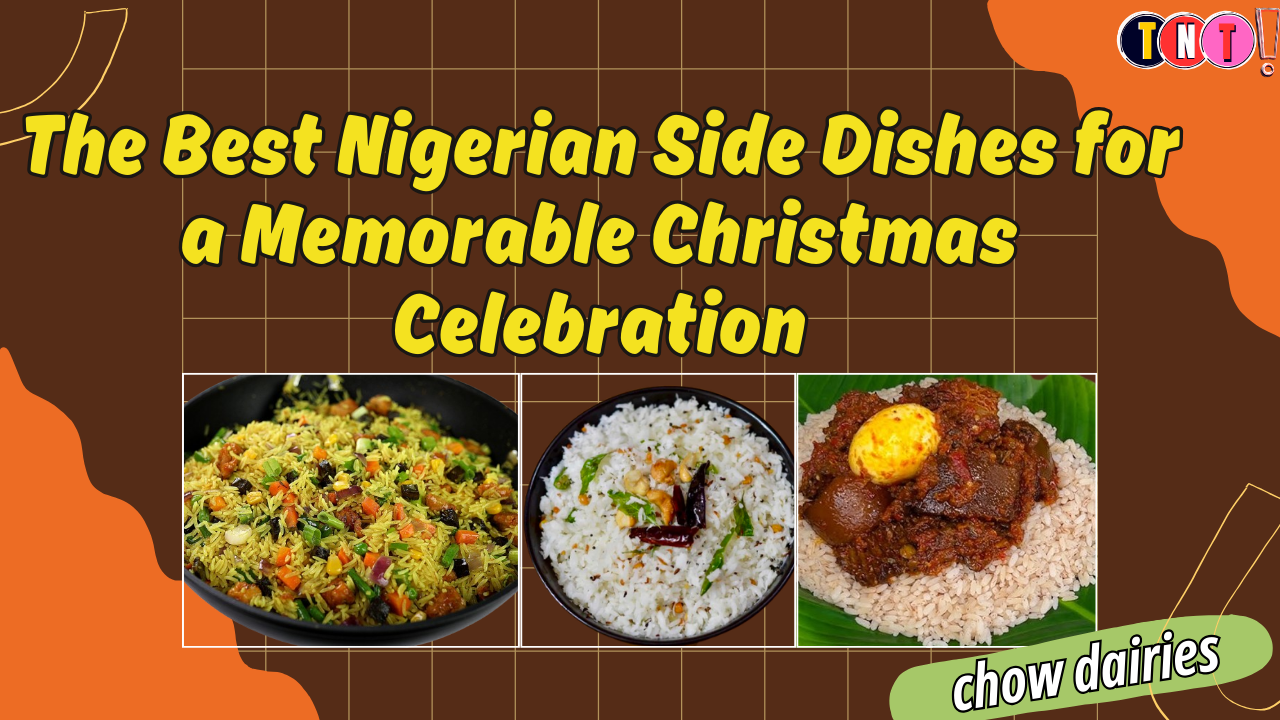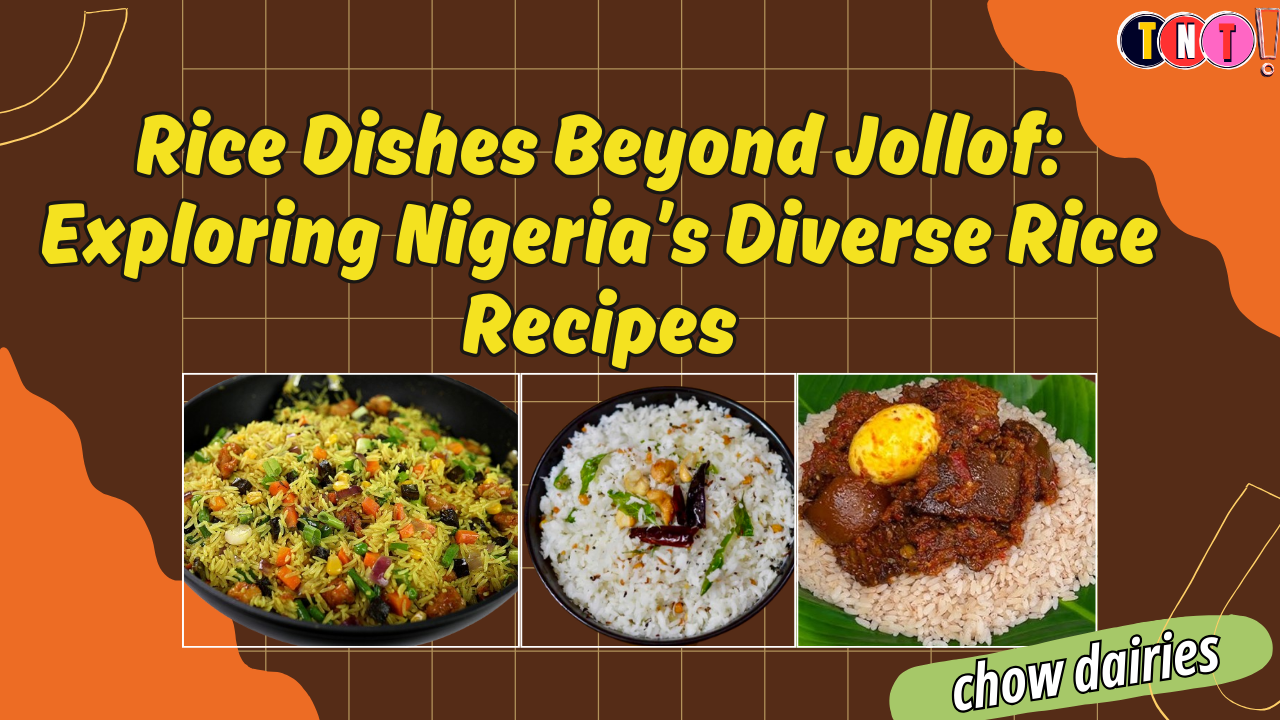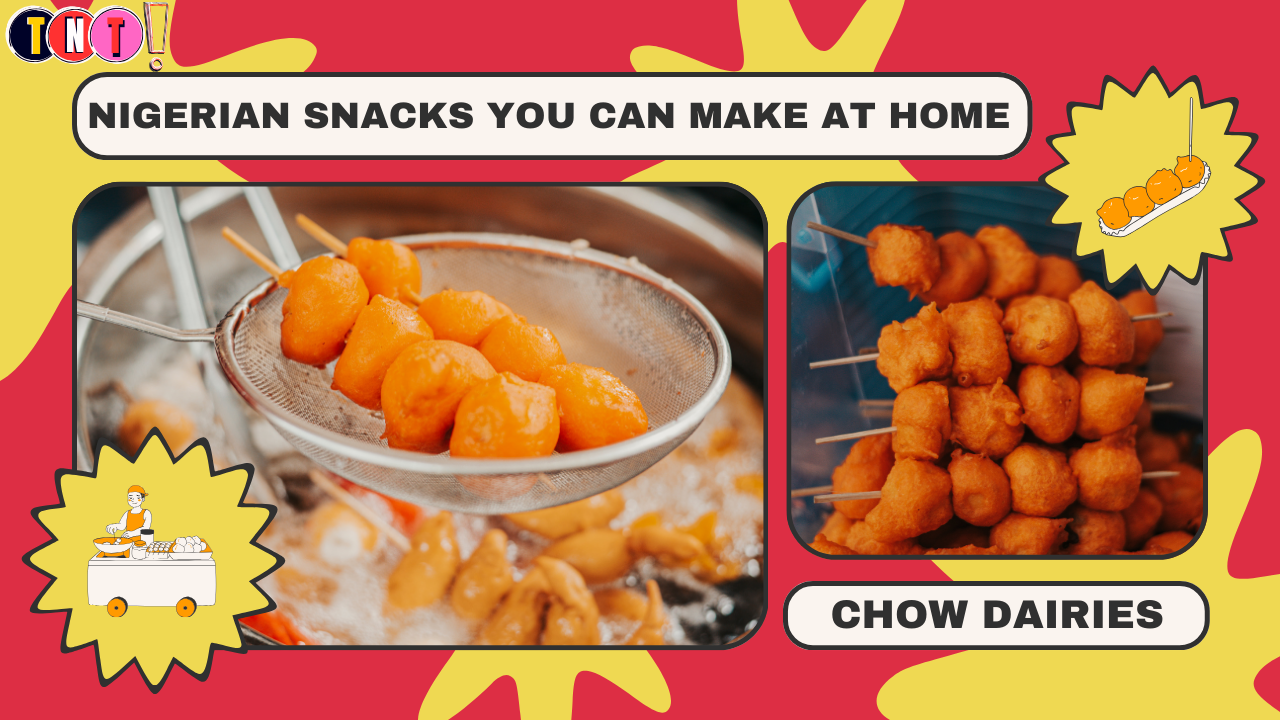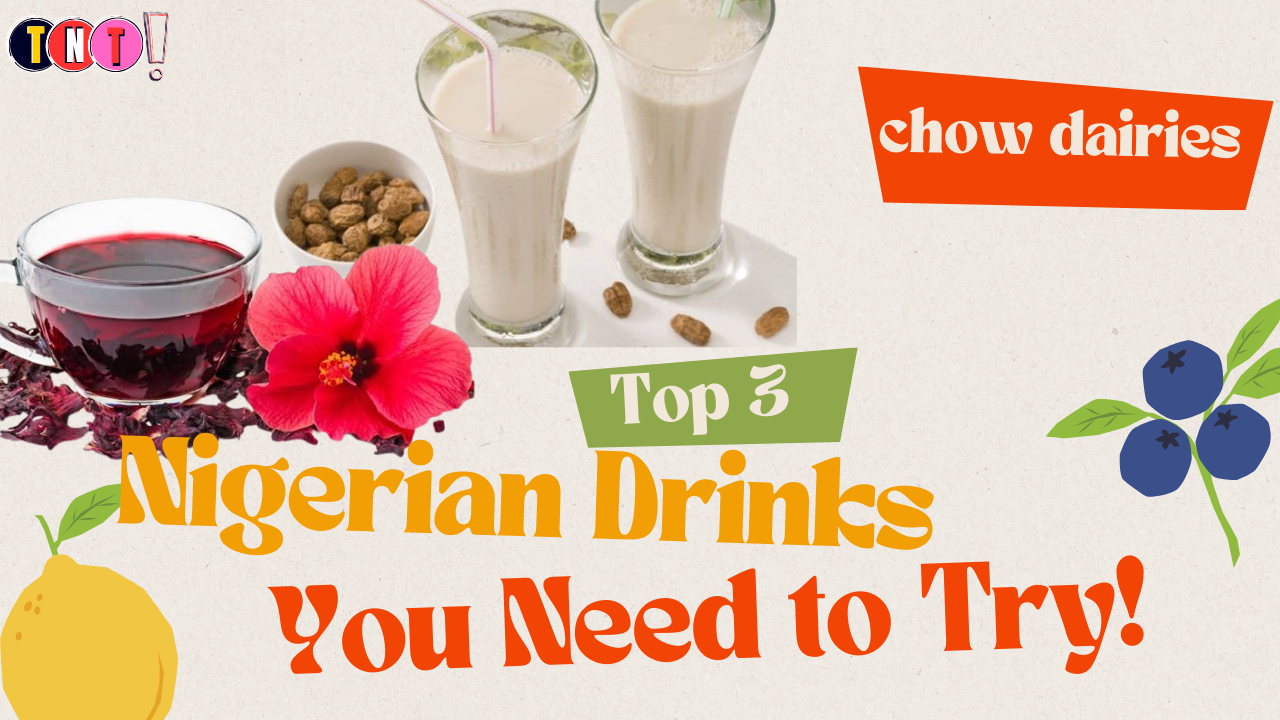Snacking often gets a bad rap, associated with unhealthy, calorie-laden foods that contribute to weight gain and poor health. However, when done correctly, snacking can be an integral part of a balanced diet, providing essential nutrients, boosting energy levels, and keeping hunger at bay between meals. In this article, we’ll explore the importance of healthy snacking, what to look for in a snack, and offer practical tips for making smarter snack choices.
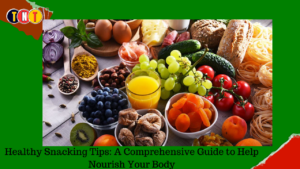
The Importance of Healthy Snacking
Snacking serves several important functions for us in a well-balanced diet:
- Maintains Energy Levels: Snacks provide a quick source of energy during long gaps between meals. This is particularly important for those with active lifestyles or demanding work schedules.
- Prevents Overeating: By eating small, nutritious snacks, you can prevent extreme hunger, which often leads to overeating during meals.
- Supports Metabolism: Regular, healthy snacks can help keep your metabolism active throughout the day, supporting weight management and overall health.
- Nutrient Boost: Snacks are an excellent way to add extra nutrients to your diet, especially if your main meals are lacking in certain areas.
What to Look for in a Healthy Snack
Not all snacks are created equal. To ensure your snacks are contributing positively to your health, consider the following criteria:
- Nutrient Density: Go for snacks that are rich in vitamins, minerals, and other essential nutrients. These snacks provide more nutritional value per calorie.
- Balanced Macronutrients: A good snack should include a balance of carbohydrates, protein, and healthy fats. This combination helps to keep you full and satisfied.
- Low in Added Sugars: Avoid snacks with high amounts of added sugars, which can lead to energy crashes and contribute to weight gain.
- High in Fiber: Fiber is crucial for digestive health and can help keep you full longer. Choose snacks that are high in fiber, such as fruits, vegetables, and whole grains.
- Portion Control: Even healthy snacks can contribute to weight gain if eaten in large quantities. Be mindful of portion sizes to avoid consuming too many calories.
Practical Healthy Snacking Tips
Now that you know what to look for in a snack, let’s explore some practical tips to help you make healthier snacking choices.
- Plan Ahead: One of the best ways to ensure you’re eating healthy snacks is to plan ahead. Prepare snacks in advance, so you have nutritious options readily available when hunger strikes.
- Read Labels: When choosing packaged snacks, always read the nutrition labels. Look for snacks with minimal ingredients, low added sugars, and high fiber content.
- Incorporate Protein: Protein helps to keep you full and satisfied. Include sources of protein in your snacks, such as nuts, seeds, yogurt, or hard-boiled eggs.
- Choose Whole Foods: Whenever possible, opt for whole foods like fruits, vegetables, nuts, and seeds. These foods are naturally nutrient-dense and free from added sugars and unhealthy fats.
- Practice Portion Control: To avoid overeating, portion out snacks in advance. Use small containers or bags to divide snacks into appropriate serving sizes.
- Stay Hydrated: Sometimes what we perceive as hunger is actually thirst. Before reaching for a snack, try drinking a glass of water to see if it satisfies your cravings.
- Listen to Your Body: Pay attention to your hunger cues and eat when you’re genuinely hungry, not out of boredom or habit.
- Experiment with Flavors: Healthy snacking doesn’t have to be boring. Experiment with different flavors and textures to keep your snacks interesting and satisfying.
- Make Smart Swaps: Substitute unhealthy snacks with healthier alternatives. For example, swap potato chips for air-popped popcorn, or sugary granola bars for a handful of nuts and dried fruit.
- Practice Mindful Eating: Take the time to savor your snacks. Eating mindfully can help you enjoy your food more and prevent overeating.
Healthy Snack Ideas
To get you started on your healthy snacking journey, here are some nutritious snack ideas:
- Fresh Fruit and Nut Butter: Apples, bananas, or celery sticks paired with almond or peanut butter provide a satisfying mix of fiber, healthy fats, and protein.
- Greek Yogurt with Berries: High in protein and calcium, Greek yogurt topped with fresh or frozen berries is a delicious and nutrient-packed snack.
- Hummus and Veggie Sticks: Hummus, made from chickpeas, is rich in protein and fiber. Pair it with carrot sticks, cucumber slices, or bell pepper strips for a crunchy, satisfying snack.
- Trail Mix: A mix of nuts, seeds, and dried fruit can be a great on-the-go snack. Just be mindful of portion sizes, as nuts and dried fruits are calorie-dense.
- Hard-Boiled Eggs: Eggs are a great source of protein and healthy fats. Hard-boiled eggs can be prepared in advance and are easy to take with you for a quick snack.
- Cottage Cheese with Pineapple: Cottage cheese is high in protein and calcium. Pair it with pineapple or another fruit for a sweet and savory snack.
- Avocado Toast: Spread mashed avocado on whole-grain toast for a snack rich in healthy fats and fiber. Add a sprinkle of seeds or a slice of tomato for extra flavor.
- Smoothies: Blend up a smoothie with your favorite fruits, a handful of greens, and a scoop of protein powder or yogurt for a nutrient-rich snack.
- Rice Cakes with Almond Butter: Spread almond butter on whole-grain rice cakes and top with banana slices or a drizzle of honey.
- Edamame: Steamed edamame is a protein-packed snack that’s easy to prepare and enjoy on the go.
Conclusion
Healthy snacking is all about making informed choices that nourish your body and support your overall health. By choosing nutrient-dense foods, practicing portion control, and listening to your body’s hunger cues, you can enjoy snacks that fuel your day and contribute to your well-being. Remember, snacking should be a positive part of your diet, providing energy and nutrients between meals. So next time you reach for a snack, make it a healthy one!
By incorporating these tips and ideas into your daily routine, you’ll be well on your way to a healthier, more balanced diet.
